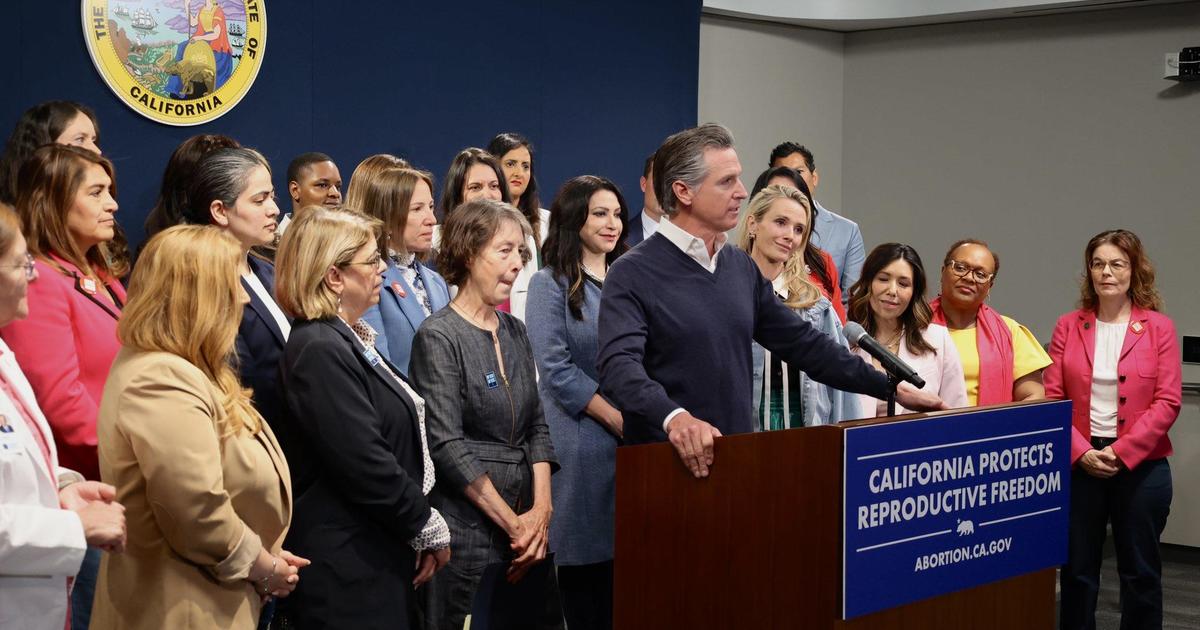California Lawmakers Pass Ban On Taxpayer-Funded Mailers Before Elections
SACRAMENTO, Calif. (AP) - Local elected officials in California could soon be banned from sending mail at taxpayers' expense 60 days before an election.
California lawmakers voted Tuesday to send a bill to enact the ban to Gov. Jerry Brown.
State lawmakers already face the same restriction based on internal Senate and Assembly rules. The bill would also codify that prohibition in state law. A recent Associated Press analysis found members of the Assembly typically spend more sending mail to their constituents in election years, and those with the highest tabs are in competitive races. In 2016, they spent more than $3 million on such mailings.
The mailings benefit incumbents, even if they're not explicitly used for campaign purposes, experts said.
Violations of the 60-day mail blackout periods would be misdemeanor offenses under the bill.
Sen. Tony Mendoza, a Los Angeles-area Democrat, said he introduced the bill in response to an Orange County supervisor in his district sending taxpayer-funded mail shortly before an election. That puts challengers at a disadvantage and raises questions with taxpayers, he said.
"We don't want to give the perception that we're sending publicly funded mailers right before our re-election. That's just kind of weird," Mendoza said. "It's up to you to go and meet the voters and talk to them right before the election. That's on you."
Orange County Supervisor Andrew Do spent at least $246,000 sending out 1.2 million mailers during his re-election, the Orange County Register reported. At least 455,000 of the mailers were sent in the 60 days prior to the election, the paper reported.
The Fair Political Practices Commission, a California campaign watchdog board, is investigating Do's mailers, the Register reported.
Copyright 2017 The Associated Press.



